This line of code in the modify method:
i= i + 1;
is operating on an Integer, not an int. It does the following:
- unbox
i to an int value
- add 1 to that value
- box the result into another
Integer object
- assign the resulting
Integer to i (thus changing what object i references)
Since object references are passed by value, the action taken in the modify method does not change the variable that was used as an argument in the call to modify. Thus the main routine will still print 12 after the method returns.
If you wanted to change the object itself, you would have to pass a mutable object (as others have mentioned, Integer is immutable) and you would have to call a mutator method or directly modify a field. For instance:
class Demo{
static class IntHolder {
private int value;
public IntHolder(int i) {
value = i;
}
public IntHolder add(int i) {
value += i;
return this;
}
public String toString() {
return String.valueOf(value);
}
}
public static void main(String[] args) {
IntHolder i = new IntHolder(12);
System.out.println(i);
modify(i);
System.out.println(i);
}
private static void modify(IntHolder i) {
i.add(1);
System.out.println(i);
}
}
 I strongly talking this code not give output 12 ,12 .
I strongly talking this code not give output 12 ,12 .